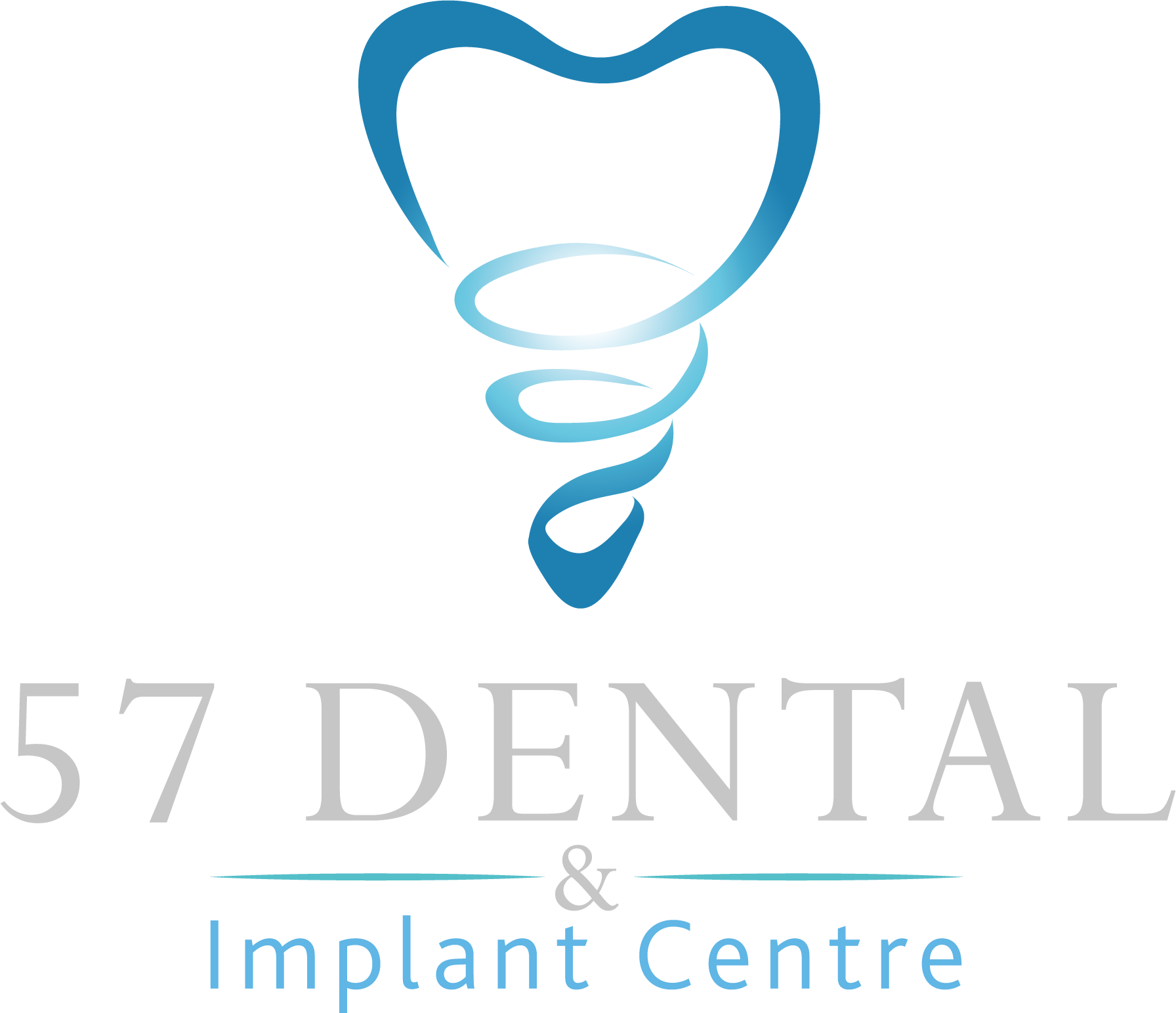Visiting a dental practice is an essential aspect of maintaining good oral health. Whether for a routine check-up, preventive care or addressing specific dental concerns, being well-prepared for your dental visit can help make the experience more comfortable and beneficial. This article will discuss ten essential things you should know before visiting a dental practice.
Choosing the Right Dental Practice
Selecting the proper dental practice is crucial for receiving quality dental care. Consider factors such as the practice’s reputation, the qualifications and experience of the dentists, the range of services offered, and the comfort and convenience of the location. Researching and selecting a reputable dental practice will ensure you receive the best possible care.
Gathering Your Dental Records
If you are visiting a new dental practice for the first time, gathering your dental records from your previous dentist is helpful. This includes any X-rays, treatment history, and relevant medical information. Having your dental records transferred to your new dental practice will give your dentist valuable insights into your oral health history.
Insurance Coverage and Payment Options
Before your dental visit, familiarise yourself with your dental insurance coverage. Understand the details of your plan, including the services covered, co-pays, deductibles, and any limitations or exclusions. Additionally, inquire about the payment options available at the dental practice, such as accepting credit cards or offering payment plans, to ensure a smooth and hassle-free billing process.
Scheduling an Appointment
When scheduling your dental appointment, consider your availability and specific time preferences. Inform the dental practice about your scheduling needs, such as early morning or late evening appointments, to find a suitable time that works for you. Planning your meeting helps ensure that you receive timely dental care.
Oral Hygiene Routine
Maintaining a good oral hygiene routine is essential for optimal oral health. Brush your teeth at least twice daily with fluoride toothpaste, floss daily, and rinse with an antimicrobial mouthwash. Your dental visit lets you discuss your oral hygiene routine with your dentist and receive personalised tips for improving your at-home care.
Communicating Your Dental Concerns
Clear communication with your dentist is crucial for addressing any dental concerns or discomfort you may be experiencing. Before your visit, list any symptoms, pain, or questions, and share them with your dentist during your appointment. Discussing your concerns will help your dentist provide the appropriate care and address any underlying issues.
Medical History and Medications
Providing your complete medical history to your dentist is vital for understanding your overall health and its impact on oral health. Inform your dentist about any medical conditions, allergies, or medications you are taking, including over-the-counter drugs and supplements. Certain medical conditions and medications can affect dental treatment, so accurate information is essential.
Dental Anxiety or Fear
If you experience dental anxiety or fear, sharing this with your dentist is essential. Dental practices are well-equipped to address and alleviate dental stress through sedation dentistry or by creating a calm and relaxing environment. Openly discussing your concerns allows your dentist to tailor your visit to ensure your comfort.
Preparing Questions for Your Dentist
Preparing questions for your dentist is an excellent way to gather information and make the most of your dental visit. Ask about preventive care strategies, treatment options, oral health maintenance, or specific concerns. Your dentist will be happy to address your questions and provide valuable guidance.
Follow-Up Care and Next Appointment
Before leaving the dental practice, discuss and schedule any necessary follow-up care or the next appointment. Depending on the nature of your dental visit, your dentist may recommend a follow-up visit for further treatment, a routine check-up, or a preventive care appointment. Ensuring that you schedule and commit to your follow-up care helps maintain the continuity of your dental treatment and promotes long-term oral health.
Conclusion:
Visiting a dental practice is vital in maintaining a healthy smile and preventing dental issues. Being well-prepared for your dental visit optimises your experience and ensures you receive the best possible care. Remember to choose the proper dental practice, gather your dental records, understand your insurance coverage and payment options, and schedule your appointment conveniently. Additionally, focus on maintaining a consistent oral hygiene routine, communicating your dental concerns, sharing your medical history and medications, addressing dental anxiety if present, and preparing questions for your dentist. Finally, schedule any necessary follow-up care or the next appointment before leaving the dental practice.
Your dental health is a partnership between you and your dentist. By taking an active role in your dental care and following these essential tips, you can contribute to the success of your dental visits and maintain a healthy and beautiful smile. Remember, regular dental visits are crucial for preventive care, early detection of dental issues, and timely treatment. Prioritise your oral health and visit a dental practice for optimal dental well-being. Book your appointment today and take the first step towards a lifetime of healthy smiles!
